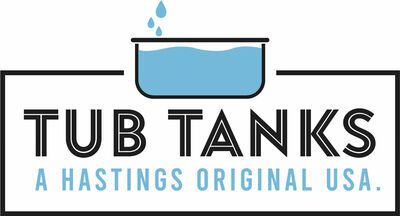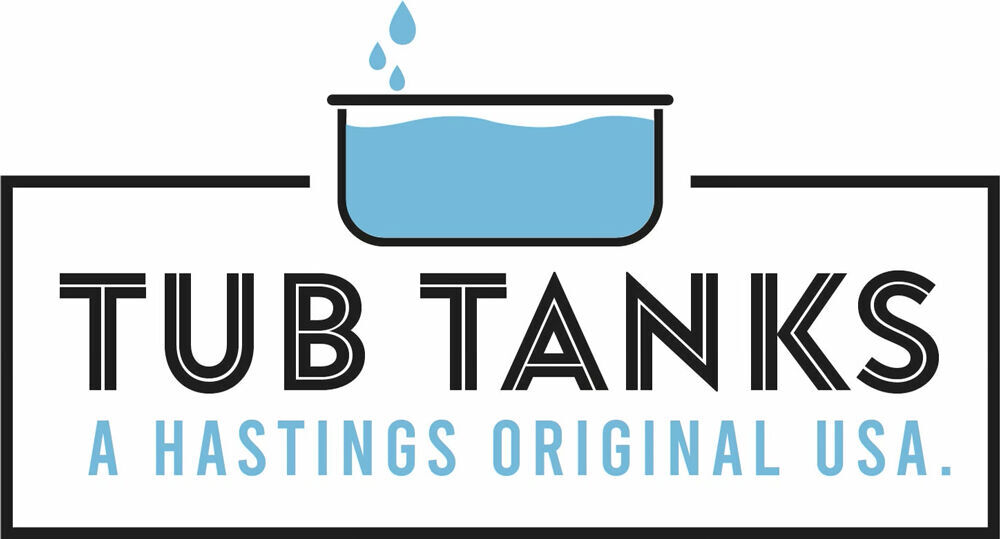
posted 22nd July 2025
The world is a challenging place, a rollercoaster as Ronan Keating would say. With hectic schedules and hurdles constantly being thrown at us, cultivating emotional resilience is a vital skill. While methods like mindfulness and therapy are invaluable, another way of better regulating stress and regulating emotions comes in the simple form of cold water.
Resetting the nervous system
When you first plunge into an ice bath, your body's primal "fight or flight" response kicks in. Your heart rate spikes, breathing quickens, and stress hormones like cortisol flood your system. Your body’s natural response is to scream at you to get out but this is where the magic actually begins.
By choosing to remain in the cold while focusing on your breath you override that panic response. Once your body has overcome the stress reaction you will find that you can remain in the water quite calmly. You are essentially giving your nervous system a workout which teaches your body and mind to remain calm and composed under stress. In time this translates into real-world scenarios helping you to maintain composure and feel less stressed.
Feel-Good Hormones
Cold exposure also causes your body to release hormones which flood the system including;
- Dopamine: Playing a crucial role in mood, focus, and reward-seeking behaviour, ice baths can dramatically increase dopamine levels, leading to an immediate lift in energy and mental clarity.
- Norepinephrine (Noradrenaline): This hormone enhances alertness and helps regulate your stress response. A significant surge of norepinephrine during and after an ice bath contributes to improved focus and a reduction in anxiety.
- Endorphins: These natural pain relievers and mood elevators create a sense of euphoria.
- Vagus Nerve activation: Responsible for your “rest and digest” response, cold water exposure activates this nerve, slowing your heart rate which promotes relaxation and reducing overall stress.
All of the above helps to reduce feelings of depression, stress and anxiety.
Stepping Outside The Comfort Zone
Voluntarily stepping into discomfort and pushing through it builds a sense of accomplishment and improves mental toughness. It’s a demonstration of your ability to endure, regulate your internal state and overcome a challenging experience. This fosters grit, inner strength and mental resilience.
Ready to Take the Plunge?
If you're considering incorporating ice baths into your routine for improved emotional resilience, we recommend starting slow and listening to your body. Begin by kneeling in the water before sitting and eventually submerging your shoulders. Try to stay in for just a minute or two, and gradually increase the time as you become more comfortable but we recommend spending a maximum of 15 minutes in cold water. Focus on deep, controlled breaths to help manage the initial shock. We also recommend consulting with your GP before trying cold water for the first time.





